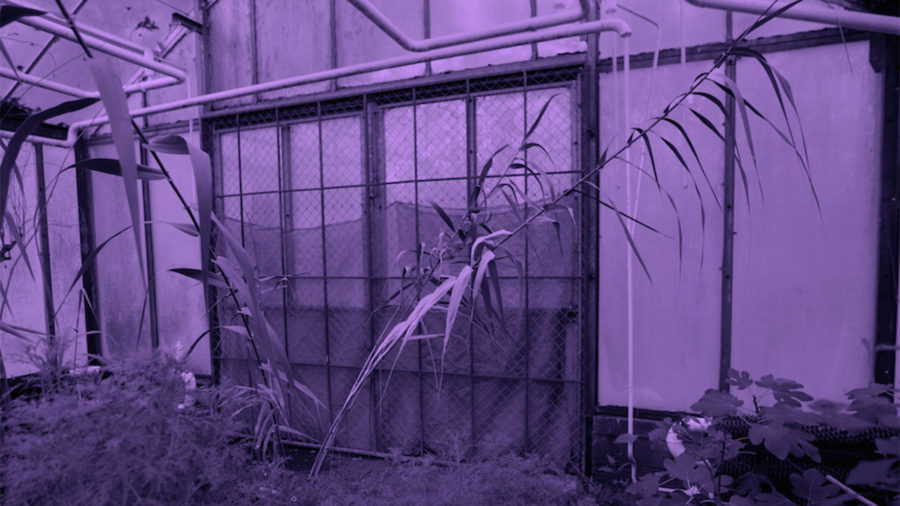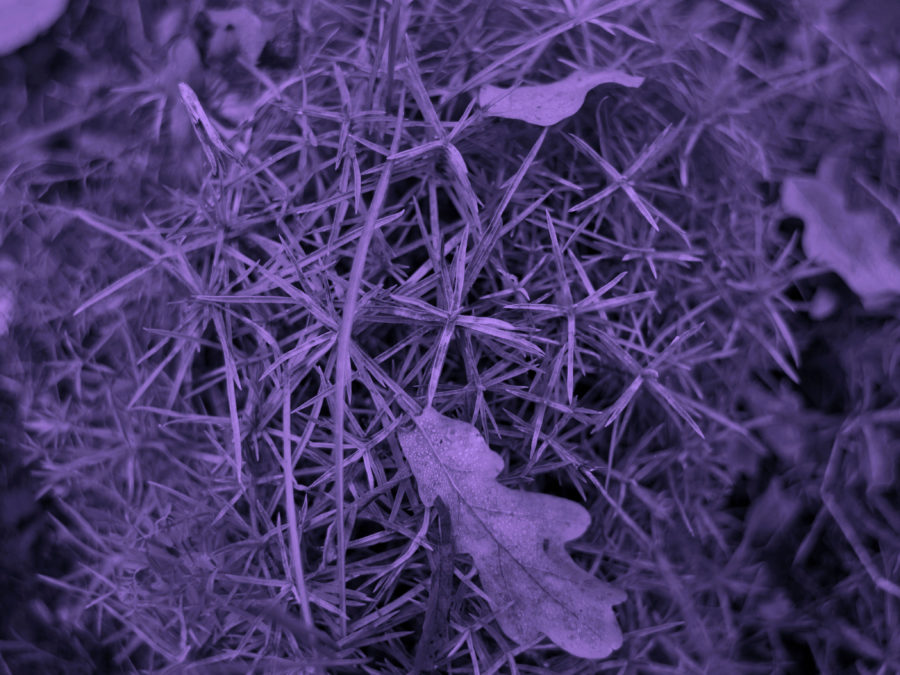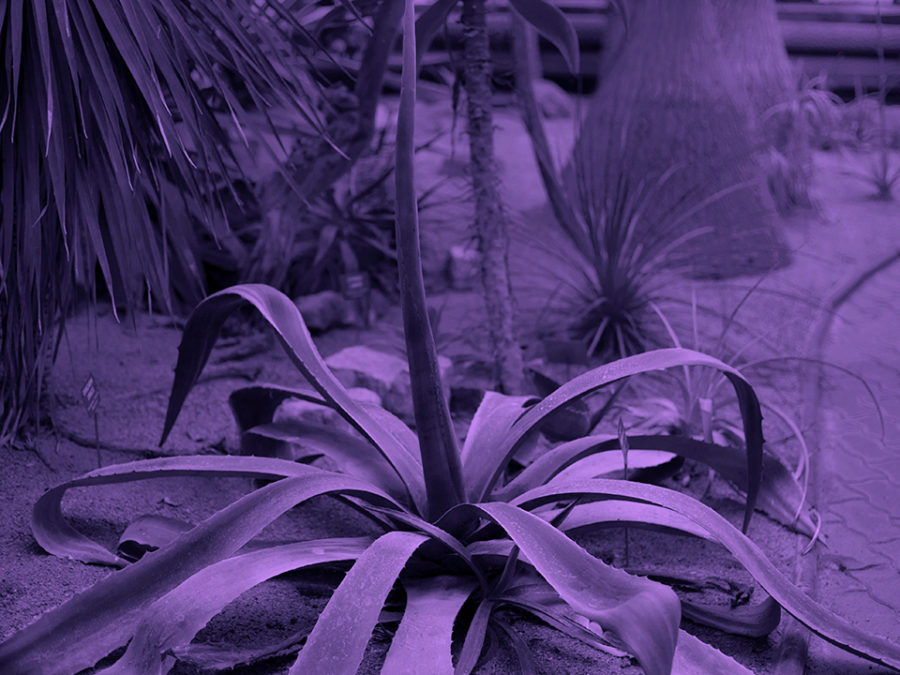Giant reeds (Riesenschilf in German, arundo donax in Latin) have been cultivated in damp soils of temperate, subtropical and tropical regions of both hemispheres. They reproduce vegetatively by tough, fibrous underground rhizomes that form knotty, spreading mats which spread deep into the soil – their big feathery plumes are infertile because the megaspore mother cell resists division. Through their rhizomes symbiotic relationships with fungi are maintained, which elevate their potential to translocate heavy metals (arsenic, cadmium, lead and others) from roots to shoots and to accumulate them in the stalk and leaves without intoxicating themselves. Their canes contain silica and have been made into tools, prosthesis, architectures and musical instruments since thousands of years. The ancient peoples of North Africa wrapped their dead in the leaves.
Because of their ability to live within highly contaminated soils and detoxify them to considerable degrees, reeds survive by toxic lakes and rivers and are often planted around landfills. In Anna Zett’s eclectic documentary Freiheit 3 (Freedom 3) addressing the toxic remains of the German ex-country GDR, history assumes the shape of a dump – which is surrounded and processed by reeds.
Dear environment,
there’s something
that I need to get rid of.In an everyday sense, waste disposal means throwing something away properly, that is to say, putting it in a place from where it is then taken away. Things and materials that cannot be directly composted or recycled are picked up by the municipal waste management department or flushed away. What remains after the sewage treatment or waste incineration is then driven to a location whose function it is to take on those things that, at best, should simply be gone. To be gone means to be dumped somewhere on the earth and left lying around there. Since industrialization, the disposal of worthless or toxic materials has been the state’s responsibility. How a state takes care of waste disposal is indicative of how it takes care of its other problems.
In this eclectic documentary addressing the toxic remains of the German ex-country GDR, history assumes the shape of a dump. A person sprays “Dear environment” in red letters onto a massive pile of gravel, apparently in the hope that writing would be a suitable medium to contact the ecosystem. What follows is a guided tour through contaminated landfills of Bitterfeld-Wolfen, formerly the center of the German chemical industry. Mostly closed down after the political collapse of 1989, the factories were replaced by the disposal industry and the area turned into a field for experimentation in environmental remediation. The tour, hosted by a former “Treuhand”-manager, is interwoven with historical footage from the East German environmental & civil rights movement, as well as poems recorded at private readings in East-Berlin in the catastrophic year of 1986. Verbal language, once overpowering in the socialist countries, appears both as a cause of damage and a medium of symbolic processing and response. „Dear environment, there is something left over.” Connecting performance, documentary and archival footage, Freedom 3 explores the process of disposal in landscape, society and psyche, poetically giving attention to that which is still there after one has gotten rid of it.
Image: Giant reeds (arundo donax) in the Subtropical Greenhouse of the Botanical Garden Olomouc, November 2020. Photo: Monika Abrhámová
Anna Zett is a Berlin-based artist, writer and filmmaker. Their work combines historical confrontation and poetic form with a playful dialogic practice. Within the live arts Zett hosts collaborative formats of improvisation involving dialog, sound and/ or movement. Zett has written and (co-) directed two experimental radio plays for German public radio. In 2019 they published their first book of writings Artificial Gut Feeling (Divided Publishing) and presented two solo exhibitions (at Zionskirche Berlin and Or Gallery Vancouver). Their current collaboration with the choreographer Hermann Heisig Resonanz is supported by the Berlin Grant Program for Artistic Research/ gkfd.



